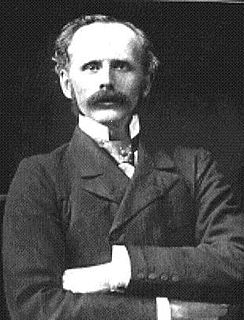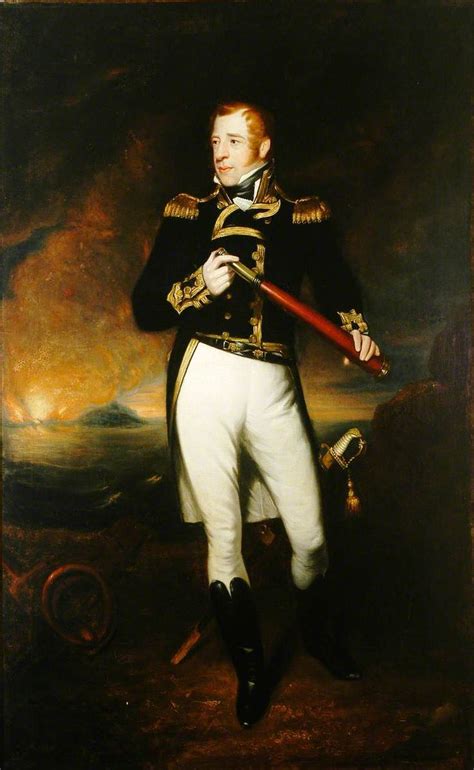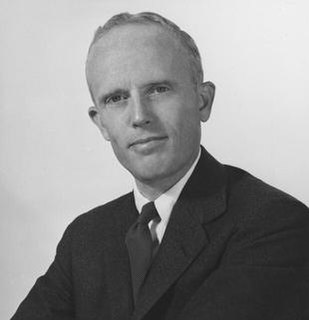A Quote by Paramahansa Yogananda
Related Quotes
The basic social contract is that citizens agree to follow the law, pay their taxes, and devote their love and loyalty to their country, and in exchange, the nation commits to preserve and protect and serve their interests, safeguard their freedom, and return to them in kind their first allegiance and loyalty.
The honor that we pay to the Son of God, as well as that which we render to God the Father, consists of an upright course of life. This is plainly taught us by the passage, "You that boast of the Law, through breaking the Law dishonor God."...For if he who transgresses the law dishonors God by his transgression,...it is evident that he who keeps the law honors God. So the worshipper of God is he whose life is regulated by the principles and teachings of the Divine Word
I believe that there is something far nobler than loyalty to any particular man. Loyalty to the truth as we perceive it - loyalty to our duty as we know it - loyalty to the ideals of our brain and heart - is, to my mind, far greater and far nobler than loyalty to the life of any particular man or God. . . .
If loyalty is, and always has been, perceived as obsolete, why do we continue to praise it? Because loyalty is essential to the most basic things that make life livable. Without loyalty there can be no love. Without loyalty there can be no family. Without loyalty there can be no friendship. Without loyalty there can be no commitment to community or country. And without those things, there can be no society.
We make a big mistake when we conclude that the law is the answer to bad behavior. In fact, the law alone stirs up more of such behavior. People get worse, not better, when you lay down the law. To be sure, the Spirit does use both God's law and God's gospel in our sanctification. But the law and the gospel do very different things.
In war, in some sense, lies the very genius of law. It is law creative and active; it is the first principle of the law. What is human warfare but just this, - an effort to make the laws of God and nature take sides with one party. Men make an arbitrary code, and, because it is not right, they try to make it prevail by might. The moral law does not want any champion. Its asserters do not go to war. It was never infringed with impunity. It is inconsistent to decry war and maintain law, for if there were no need of war there would be no need of law.
Grace means that God does something for me; law means that I do something for God. God has certain holy and righteous demands which he places upon me: that is law. Now if law means that God requires something of me for their fulfillment, then deliverance from law means he no longer requires that from me, but himself provides it.









































